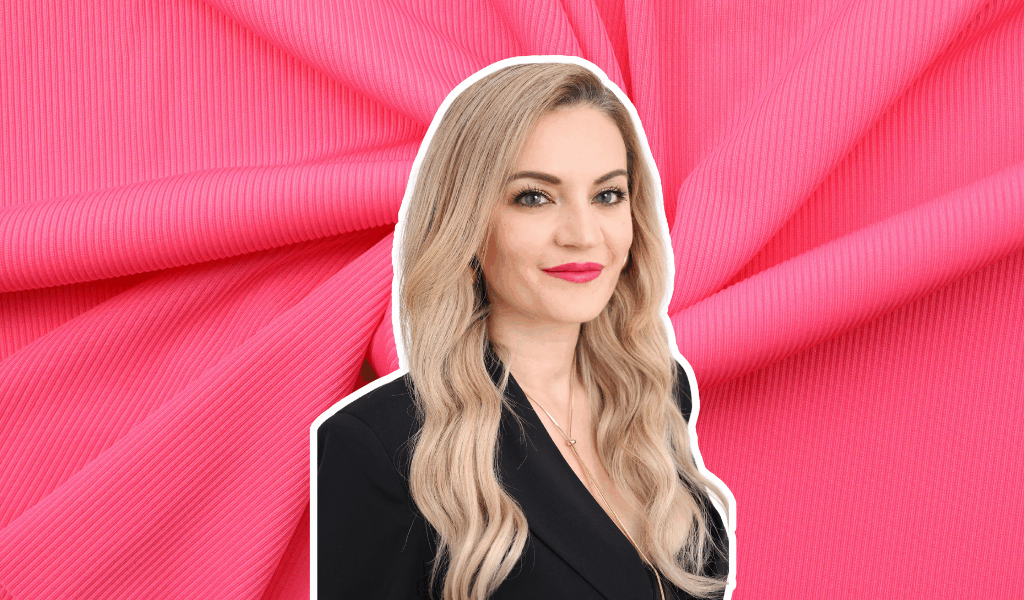This profile of Sonia Couto is part of Street Meet, FLEETSTREET’s series, where we meet up with trailblazers and thought leaders to deliver unique insight and inspiration into issues we all care about.
Follow FLEETSTREET on Instagram and TikTok. Subscribe to our free newsletter, too.
As someone who’s written about health for what feels like forever, admittedly, I’m not the best at getting tests done. I need a nudge. But after hearing about how early diagnosis can be so powerful through family and friends, it seems silly to wait. So, with the chance to meet Sonia Couto, founder of nutrition analysis company MenuSano. and learn about how breast cancer shapes her post-diagnosis life, I wanted her to show us all the importance of getting checked.
Scan•x•ie•ty skænˈzaɪ.ə.ti noun: “The distress and/or anxiety occurring before, during, and after cancer-related imaging/scans” according to the medical journal Cancers.
Life after breast cancer treatment.
Some people dread the news of a diagnosis instead of understanding the importance of an early diagnosis. What would you say to them if they suspect something is wrong?
I know firsthand how scary it is to face the unknown, but if I hadn’t found that lump myself and gone to my doctor right away, my story could have been very different. Early detection truly saves lives. Our bodies often tell us when something is off. We just need to pay attention. If you feel like something isn’t right, advocate for yourself and don’t wait. Trust your gut. Fear is normal, but waiting can cost you so much more. Getting checked is an act of self-love, not weakness.
Self-care for mental health and cancer: Can meditation help?
What pushed you to be checked or keep moving forward with getting diagnosed?
A few months before my diagnosis, I started feeling something unusual; a kind of numbness that would come and go on my left side. It bothered me enough that I began touching the area more often, and that’s when I found a lump. At that moment, a wave of fear rose up immediately, and it pushed me to call my doctor. I told myself it was probably nothing, but it’s always better to be safe than sorry.
My doctor sent me for an ultrasound since I was only 38 and considered too young for a mammogram. Within a week, I had an ultrasound. The technician paused and brought in a doctor for a second opinion. They told me there was a mass and sent me for a mammogram right away.
I was changing when a nurse came to get me for an additional mammogram, and then they asked me to sit and wait for the doctor. It all felt like a blur. They confirmed there was a mass and that I needed a biopsy.
A few days later, on September 27, 2017, I was driving when my doctor called me and asked me to pull over. At this point, I already knew it was cancer, but hearing the words “You have breast cancer” left me in a spin. By early November, I was undergoing my first mastectomy. It all happened so fast. I never hesitated. I knew I couldn’t ignore what I was feeling. Choosing a double mastectomy was easy for me; these things were trying to kill me, and I wanted them out of my body.
Studies about mental health that’ll make you think differently about self-care.
Many women after cancer say that they have to learn how to trust their instincts and their body again. How has this impacted your relationship with your body, food and more?
Everything became personal. By 2017, I made the decision to rebuild and relaunch MenuSano. In the middle of that chaos, I was diagnosed with breast cancer. I never stopped working, I leaned heavily on my team, took time when I needed surgery and to recover, and then went right back at it.
I founded MenuSano before my diagnosis because I believed in nutrition transparency. At the time, diabetes was becoming a global pandemic, and we wanted people preparing our food, restaurants, caterers, and food service, to provide nutrition information so consumers could make healthier choices if they wanted to. The problem was that the only way to get that information was through a lab, which was expensive and inaccessible. We built a tech product that was cost-effective and encouraged food service providers to share their data.
Going through treatment while scaling a company was incredibly difficult, but it gave me purpose. Every time MenuSano helped a restaurant or food brand provide better nutrition information, it felt like part of my own fight. Cancer changed my relationship with food because it became the only control I had over my body at the time. My body was in the hands of doctors, but what I chose to put in it was my decision. That deepened my commitment to making nutrition information accessible for everyone. It was no longer just about building a company — it was about survival and giving people the information they deserve.
Life’s hurdles slowing you down? Here’s help!
How do you feel about how you dealt with everything?
Resilience isn’t about doing everything perfectly; it’s about showing up every day, even when it feels impossible.

